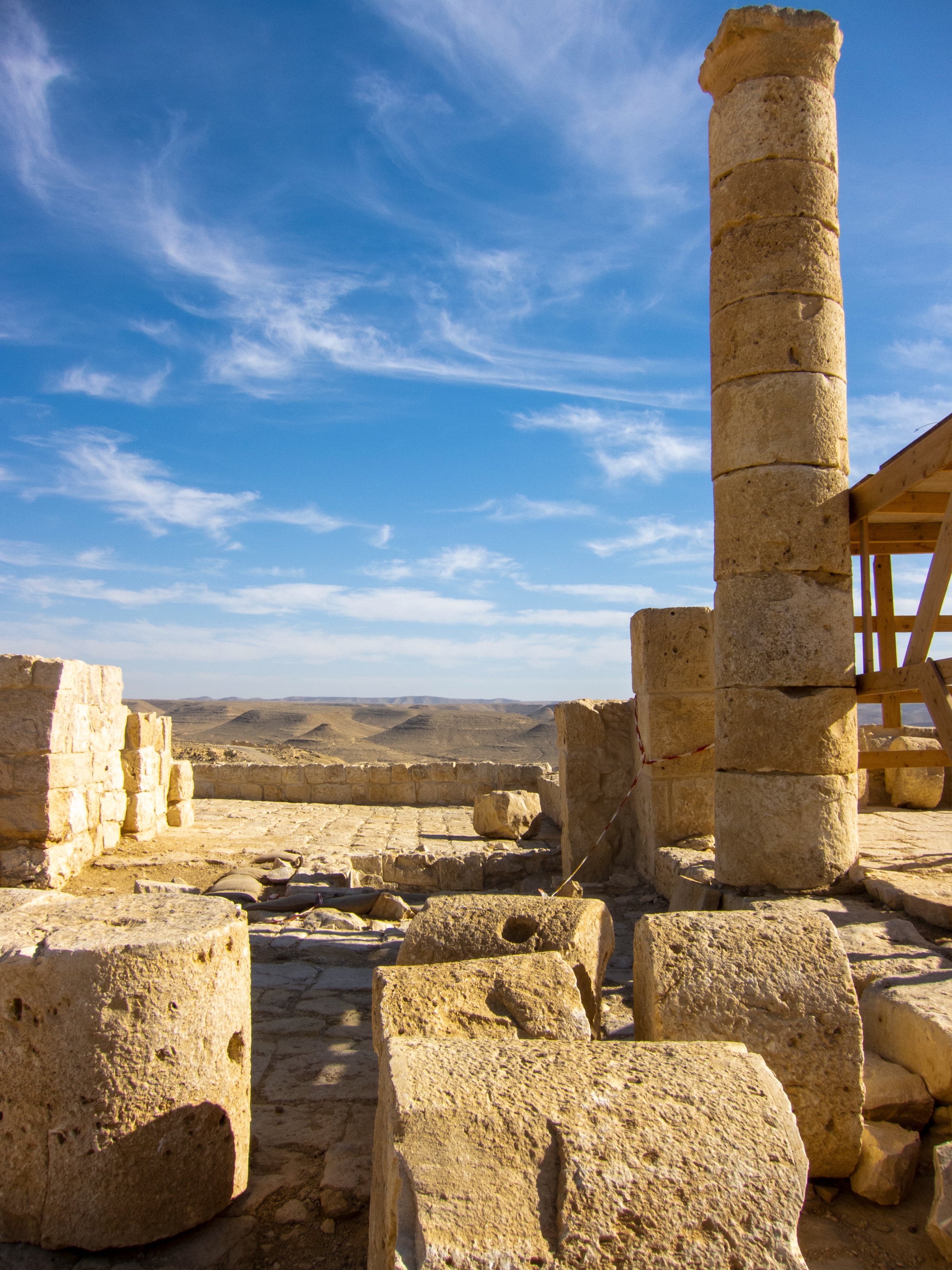

Archaeologists have found evidence of brain surgery from the Bronze era in the Middle East, meaning that someone had brain surgery over 3,000 years ago! What do you think that patient experience was like?
The discovery of evidence of brain surgery from the Bronze era in the Middle East is indeed fascinating and provides a glimpse into the medical practices of that time. While we cannot know the exact experience of the patient, we can make some educated speculations based on historical context and modern understanding of brain surgery.
Firstly, it is important to note that brain surgery during the Bronze era was likely a rare and highly risky procedure. The lack of advanced medical equipment and knowledge would have made the surgery itself perilous. The patient would have had to endure significant pain and discomfort during the procedure, as anesthesia did not exist at that time. The surgery would have involved the use of primitive tools, such as flint or obsidian blades, which were used for cutting and drilling into the skull.
The patient's experience during the surgery would have been traumatic, as they would have been conscious and aware of the procedure. Ancient civilizations often used various methods to manage pain, such as herbal remedies or alcohol, but these would have provided limited relief. The patient may have been restrained or held down by others to minimize movement during the surgery.
After the surgery, the patient would have faced a challenging recovery. Infections were a significant risk, as sterilization techniques were not yet developed. The wound would have been vulnerable to contamination, potentially leading to severe complications. The patient would have had to endure pain, swelling, and discomfort as their body attempted to heal.
The patient's post-operative care and support would have been crucial for their survival. Ancient civilizations often relied on natural remedies, such as herbs and plants, to aid in healing. Additionally, community support and caregiving would have played a vital role in the patient's recovery.
While we cannot determine the specific experience of the patient without direct evidence, we can gain some insights from similar cases in ancient history. For example, the Edwin Smith Papyrus, an ancient Egyptian medical text dating back to 1600 BCE, provides details on surgical procedures, including brain surgery. It describes cases where patients survived trepanation (drilling holes in the skull) and the subsequent wound healing process.
In conclusion, the patient's experience of brain surgery during the Bronze era in the Middle East would have been an incredibly challenging and painful ordeal. The lack of anesthesia, primitive surgical tools, and risk of infection would have made the procedure highly dangerous. The patient's recovery would have depended on the support of their community and the limited medical knowledge and resources available at that time.
Related Posts
© 2025 Invastor. All Rights Reserved

User Comments